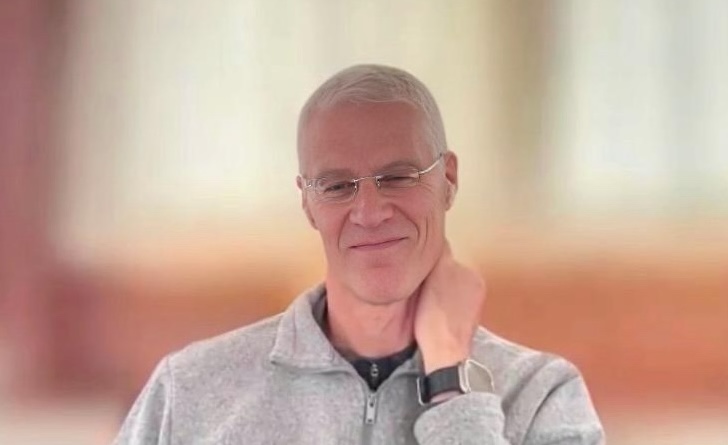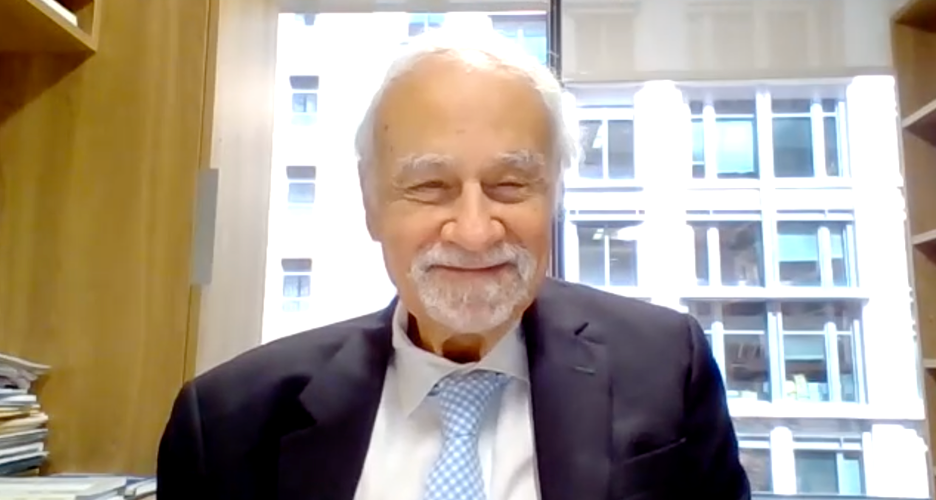A conversation with The Brothers author Karl Zinsmeister (Part 2 of 2)
The former White House official and Philanthropy Roundtable vice president talks to Michael E. Hartmann and Daniel P. Schmidt about the Tappan brothers’ belief in the primary role of individual human beings to do what’s right and get things done, as well as how today’s alternative faith in the promise of technology is a serious challenge for any return to that primacy of people.






